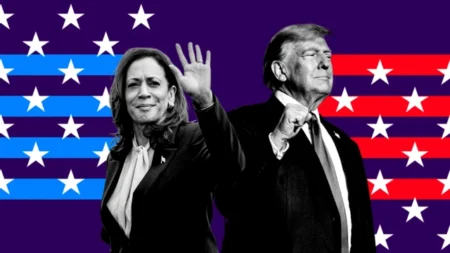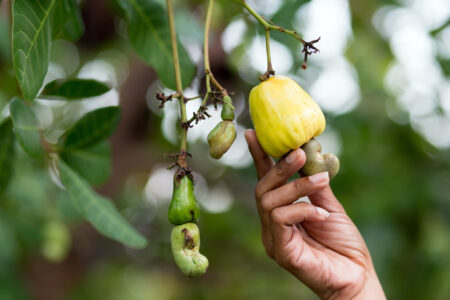The coronavirus (COVID-19) pandemic has taken a toll on the education landscape in Tanzania, as private schools stand to lose around 20 per cent of their annual revenues due to the virus outbreak.
According to information from The Citizen, the current landscape of the COVID-19 pandemic in Tanzania has triggered the private school owners to give a call to the government for an intervention, as a financial storm looms over their investments.
In March, Tanzania executed a nation-wide school shut down for 30 days and the nation’s prime minister Kassim Majaliwa announced on 14 April an extension of the shutdown until further notice.
In this context, the extension means that teachers and non-academic staff of some schools are on indefinite unpaid leave as their employer’s struggle to meet operational costs without having to depend on fees paid by parents and guardians.
The global pandemic has now infected about 147 people in Tanzania, taking 5 people’s lives.
Hence, as a response to the private schools, the government said that there are no plans for a possible bailout for the private schools, according to information from The Citizens.
“If these schools had insurance cover before this pandemic, it could have helped them a lot. Any rescue package needs to follow a long process, including seeking parliamentary approval. There is currently no such plan in place,” the permanent secretary in the Ministry of Education, Science, Technology and Vocational Training, Dr Leonard Akwilapo, told The Citizen.
Further, according to the Education Initiative Tanzania (EIT), there are about 4,500 private schools in Tanzania.
According to EIT chief Benjamin Nkoya, each of these school accommodate over 500 students, paying around $864 to $1200 per academic year.
“This means that the average annual income per school is about $648,000. Each school, therefore, stands to lose about $129,000, and this translates into a cumulative loss of $648,000,” he said
For decades now Tanzania has been striving towards enhancing its education landscape, hence—private actors also, have been stepping up their game, placing sizeable investment into education, which includes bank-loans—they are supposed to payback amid the virus concerns.
According to the Bank of Tanzania 2019 quarterly economic bulletin, the education sector contributed about 2 per cent to the real Gross Domestic Production in Tanzania, hence—that might change over time as the virus persist.
The administration of a prominent private school in Dar es Salaam said in an April 14, 2020 communication to employees that the institution would not be able to pay March salaries because revenue in the form of schools fees had fallen drastically after schools were closed due to the COVID-19 outbreak.
“Due to the overall economic impact of the coronavirus and as we are currently operating under some uncertainty, we have to take measures to protect the financial stability of our school, including offering temporary unpaid leave to all our employees,” the letter said.
The Tanzania Private Schools Teachers Union (TPTU) yesterday asked its members to provide it with details of their current situations to address their plight.
TPTU secretary-general said in a statement that the union had expected schools to reopen at the end of the initial 30-day closure and that employers would have paid teachers their March dues.
However, the government’s decision to keep schools closed would further worsen the dreadful situations most teachers were in.
“The union has been in consultation with the relevant national authorities, and is also in touch with employers as we seek an urgent solution to this problem,” the TPTU statement said.
Also, TPTU director of education and training Damas Chogo said he was optimistic that a way forward would be found soon, according to The Citizen.
“What we are doing is collecting details of all teachers from which we will get a clearer picture of what needs to be done as a matter of urgency. However, only those who have been affected should contact the union,” he said.










